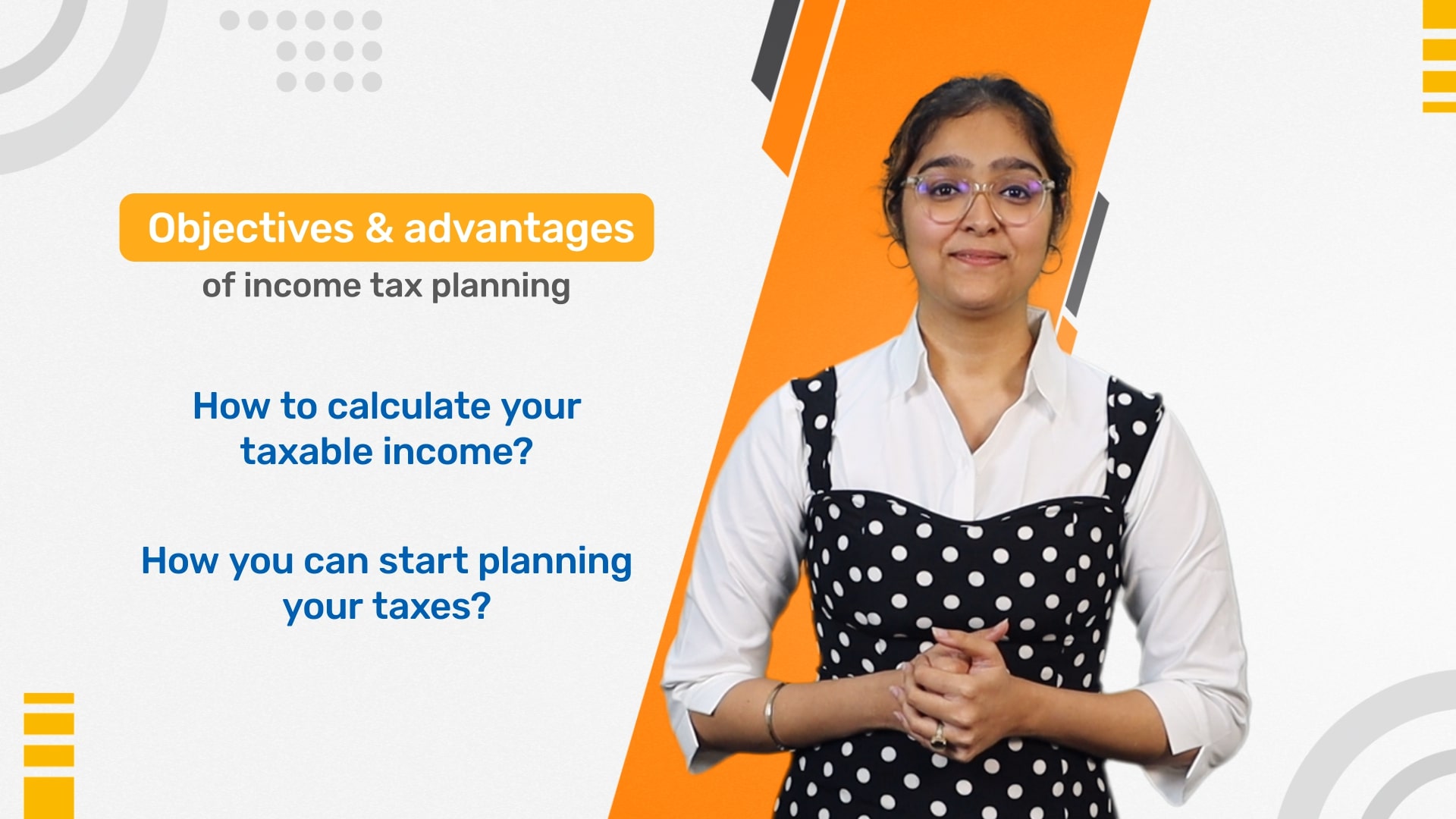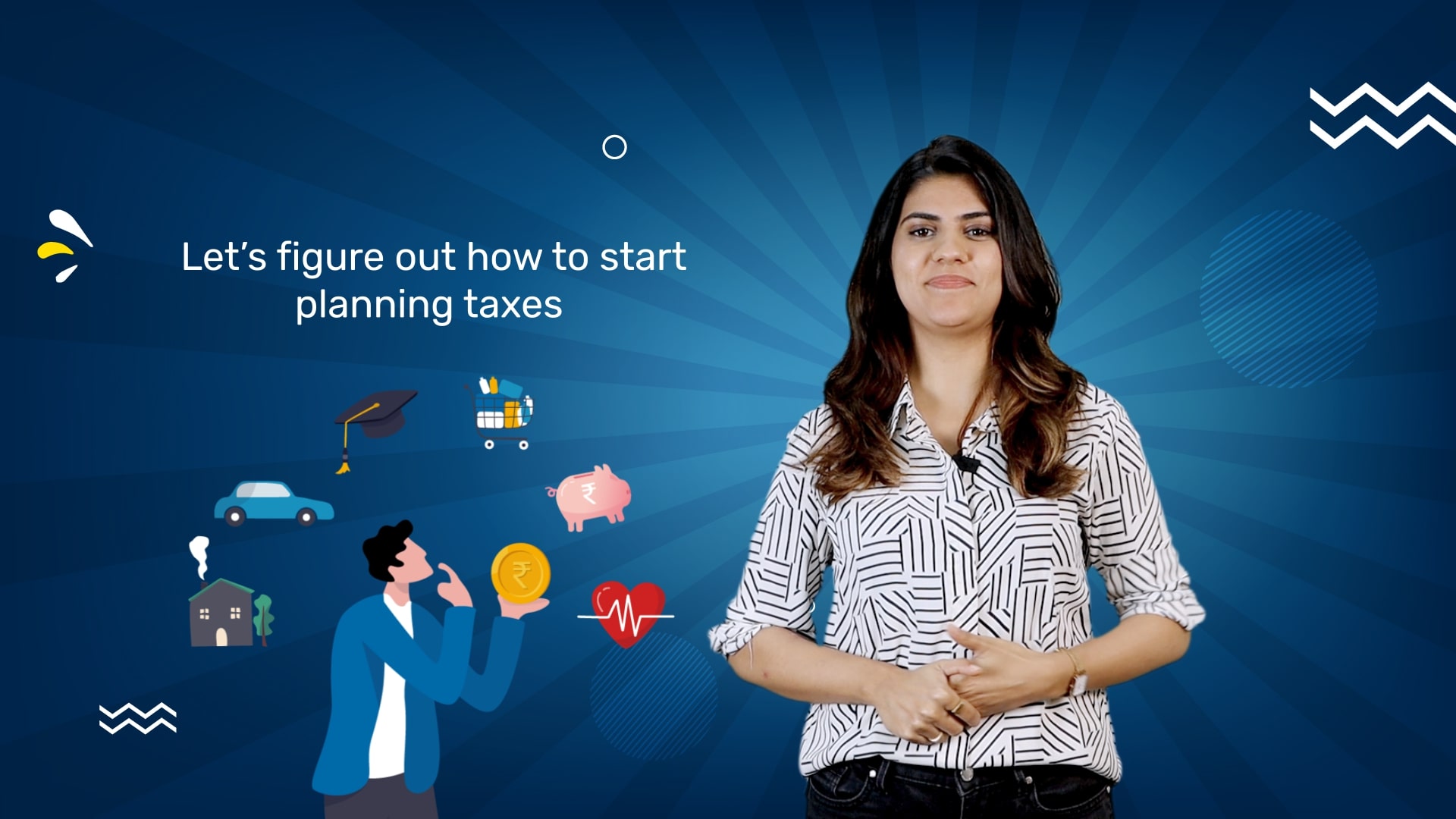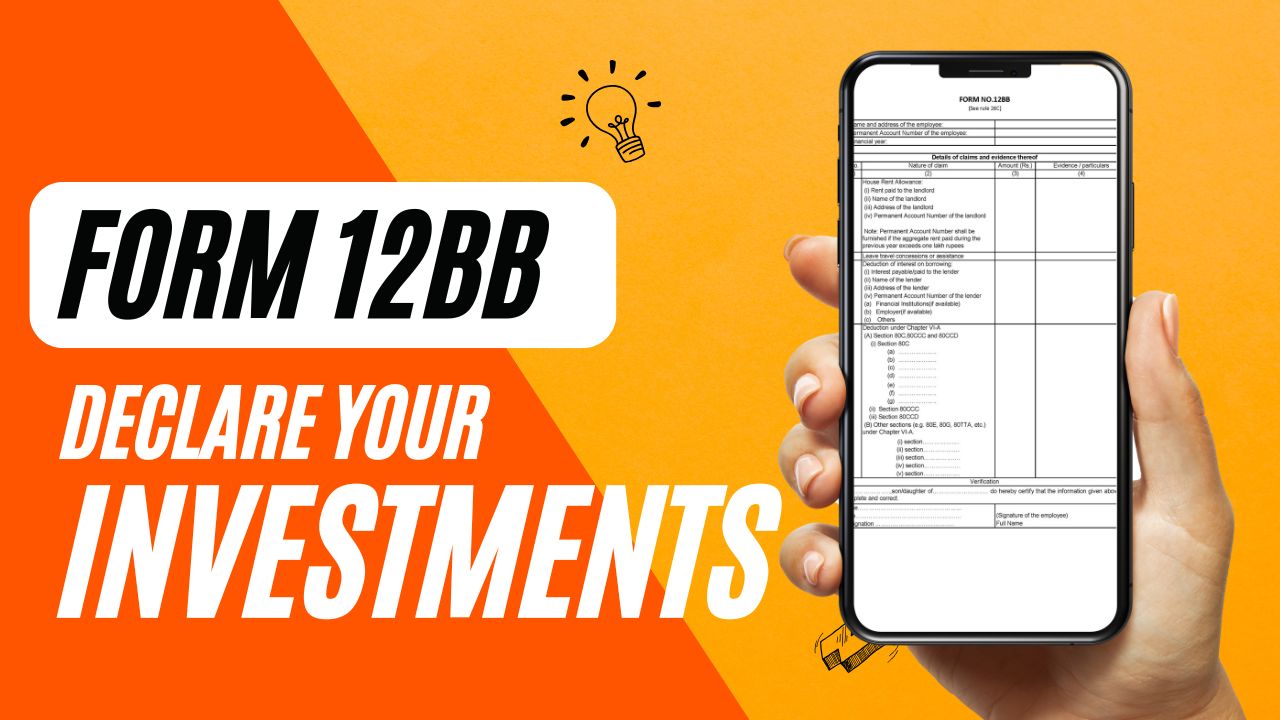Income Tax Planning Salaried
Episodes

E01: Tax Planning: Objectives & Advantages
03 mins
Welcome to a new season of All Things Tax! In this episode, we’re diving into the objectives and benefits of income tax planning. First, we’ll cover what exactly is tax planning. It’s the process of organizing your finances to legally reduce your tax liability while staying compliant with tax laws. Tax planning is crucial as it helps you save more of your hard-earned money by reducing your tax burden. Next, we’ll discuss the key advantages of properly planning your taxes. First, it lowers your tax liability by allowing you to take advantage of deductions and exemptions. Second, your cash flow could improve, meaning you’ll have more income available for savings or investments. Effective tax planning also supports the growth of your wealth. So, you’ll also learn how you could grow your money while also saving on taxes. For example, you can do so by investing in tax-saving instruments like ELSS, PPF, or life insurance. This video will also explore how tax planning could help you prepare for retirement. Finally, we’ll go over how tax planning ensures compliance with tax laws, helping you avoid hefty penalties. Stay tuned for our next episode where we’ll discuss how to calculate your taxable income!

E02: How to Calculate Your Taxable Income?
04 mins
Tax season often brings the need to carefully calculate your taxable income. If you're a salaried individual with specific investments and insurance payments, this video could guide you through the tax calculation process. First, we’ll look at what deductions can you utilise in the Old Tax Regime to help reduce taxable income. These include deductions under sections like 80C for investments (e.g., life insurance, Equity Linked Saving Schemes, etc.) and 80CCD for contributions to the National Pension Scheme (NPS). We’ll also explore what standard deductions are applicable. Additionally, you’ll find out that once these deductions are subtracted from your gross income, the result is the amount subject to tax. Based on your income after all these deductions, you’ll fall into a tax bracket. This video will then discuss how the tax rates apply accordingly via a step-by-step calculation. After that, we will come to the New Regime, where only a standard deduction is applied; you can claim little to no tax exemptions or deductions. This could make your calculations simpler but allow lesser tax benefits. The remainder of your gross income is taxed according to the applicable slab. Hence, you’ll see that the tax due ultimately depends on your deductions, investments, and chosen regime. This understanding can guide you to make tax-efficient financial decisions.

E03: How to Start Planning Your Taxes?
04 mins
Welcome to yet another informative video on taxes! Ready to achieve financial stability via effective tax planning? Let’s walk through the process. First, we’ll cover the basics. Know your income— how much you have at your disposal. Next, map out your expenses. This includes your monthly bills, planned purchases, investments, insurance contributions, and any EMIs. Once you have a clear picture, we’ll explore relevant tax-saving sections under the Income Tax Act. For example, under Section 80C, you can claim up to ₹1.5 Lakhs on investments like ELSS funds, PPF, or tax-saving FDs. Under Section 80CCD(1B), an additional ₹50,000 is available for NPS contributions. You’ll also uncover additional deductions applicable. These include home loan interest (Sections 80EE & 24(b)), education loans (80E), health insurance premiums (80D), and electric vehicle loans (80EEB). After analysing your finances, we’ll discuss how to plan your expenses carefully. Remember to prioritise necessary payments over optional purchases. This could help you avoid financial strain. Finally, we’ll help you execute the plan. Begin investing at the start of the financial year. Keep payments timely, declare expenses accurately, and file your taxes on time. Here, you’ll get helpful tips on each step. Start now, manage your taxes wisely, and take charge of your finances!

E04: How to Declare Your Investments Form 12BB
03 mins
Form 12BB can help salaried employees declare their investments and claim eligible tax deductions. This video explains how to use this form to potentially reduce your TDS. First, you’ll learn how Form 12BB enables employees to inform their employers about planned investments and expenses for accurate TDS calculation. Proof of these claims needs to be submitted usually around December or January. So, remember to have your receipts and documents ready. Next, the video explores key sections of Form 12BB. These include House Rent Allowance (HRA), Leave Travel Allowance (LTA), and loan interest deductions. It highlights the importance of providing details like your landlord’s PAN, travel proof, and interest certificates for these claims. Then, you’ll discover how to claim Chapter VI-A deductions under sections like 80C, 80D, and 80G. These cover investments such as ELSS, insurance premiums, and charitable donations. Keep in mind that proper documentation is crucial, including receipts and certificates. Finally, we’ll explain the verification process. You’ll understand how to fill in personal details, sign the form, and submit it to your employer with all required proofs. Form 12BB might simplify tax declarations and help ensure accurate TDS deductions. For more tips, stay tuned!
What to Watch Next
All


























